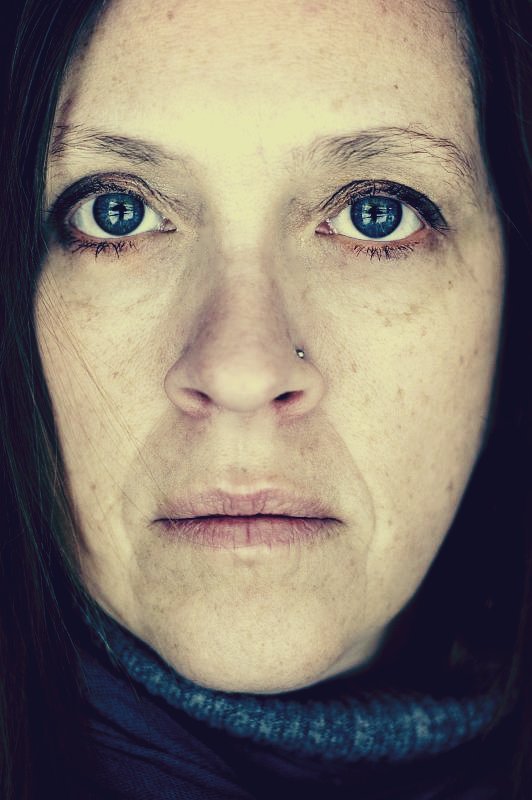[Warning: this is longer than my usual posts. 2,779 words]
“In the silence of the heart God speaks. If you face God in prayer and silence, God will speak to you. Then you will know that you are nothing. It is only when you realize your nothingness, your emptiness, that God can fill you with Himself. Souls of prayer are souls of great silence.”
― Mother Teresa, In the Heart of the World: Thoughts, Stories and Prayers
 I.
I.
“Have you prayed?” It was an obvious question. I had an MRI on my brain scheduled for later in the day. The doctor is fishing for answers to why had I fainted and had a temporary inability to use my legs and arms and other weird symptoms that may or may not add up to calamity. (As of this edit, I still haven’t heard back.)
I sighed; one of my deep, bottomless infinite sighs that people hear from a distance and wonder out loud what’s wrong? I have asked others to pray for it. But I haven’t talked to God for a good long while.
He was probing into something that should be certain, surely, to a person of faith—offering up prayer for yourself, especially when you’re frightened. But he knows nothing spiritual or self-loving is sure with me.
“Pray for what exactly?” I replied, feigning lack of understanding. It was clear and came in his swift retort.
“That seems selfish,” I countered; not at all sure I believed what I was saying. “To ask God to heal you isn’t selfish.” He held the sentence out like a talisman, “Unless you’re perfectionist.” This under his breath, but I heard him. “It’s sad,” he went on, pressing his point. “You don’t have enough self-love to pray to God to heal you.” He wasn’t being unkind. He was both empathetic and mystified at my state of mind.
“I can pray that God would give me strength to endure, no matter the result.” I said finally.
But then I didn’t pray. I haven’t been talking to God.
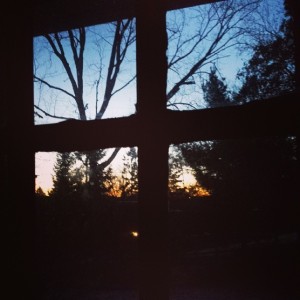 II.
II.
“Prayer is not asking. Prayer is putting oneself in the hands of God, at His disposition, and listening to His voice in the depth of our hearts.” ― Mother Teresa
I’ve got a complicated association with prayer. This has been true for as long as I can remember believing in God.
This summer I found myself studiously researching “prayer” for an essay I eventually submitted to a devotional book. After reading parts of more than fifteen books, I wrote on 1 Thess 5:16-18 focusing on “pray without ceasing.”
These snippets of notes may help explain why I have remained in the desert plains of faith and disbelief for nearly forty years.
Re: prayer. I have wondered more than attempted. Perhaps I even believed that I had cajoled God into doing things, by my choice of words or holy behavior. But the fact that we cannot prove prayer works, whether we do it unceasingly, or infrequently, continues to swell inside me, a barrier, a conundrum.
I never believed in God’s love for me.
For many years I suspected my faith was neither sincere nor robust. Surely God would change my (human) Father? Undoing the idea that God/Father was an asshole has been time-consuming and a tremendously difficult spiritual exercise. My faith was gnarled and weedy, rooted in fear.
By the Grace of God, eventually I accepted that I am the one Jesus loves—thanks to Brennan Manning and my husband, and sweet, sweet mercy. I found a restored understanding of God, by reading the full narrative of YAHWEH in scriptures, end to end.
Distrusting God disturbs prayer.
Suffering depression, then recovering from addiction to alcohol, was the beginning of accepting my helplessness and ultimately I found that God doesn’t shout. He’s more of a gentle whisper as Dallas Willard put it.
Vulnerability before this God has been a glacially slow melting of my icy heart to trust this gentle Father God.
Perfectionists fear what they cannot achieve, but spiritual people move toward what they fear and do not understand. At least this is what I long to do.
 III.
III.
Before that conversation with Tom, I’d been feeling helpless against the pull of my physical and emotional issues. I’ve been in a deep trench. The only solace has been found in writing. I haven’t even been able to read.
IV.
Recently I wrote:
I need a pen that carves smooth and sure, to write all the hard words down.
Stacked one next to the other, a shrine to pain that is breaking me apart into one demolished life. Can beautiful things ever come from the dark places inside me?
As an addict, I’m learning it’s wrong to try to do it all on my own—willpower is unsustainable. I see that I’ve been trying that for far too long. Just do it (alone), stubbornly thinking my way through sobriety, but the truth is impossible. I’m so depressed.
“I returned, and saw under the sun, that the race is not to the swift, nor the battle to the strong, neither bread to the wise, nor yet riches to men of understanding, nor yet favour to men of skill, but time and chance happeneth to them all.” – The book of Ecclesiastes
I am depressed and I live from a depressed place. These days, all so heavy and unbearable, with each word lying naked at the altar of my ego and my dreams, I know that I’m failing myself.
I’m a keen believer in BEING UPLIFTING and yet I am so the opposite these days. How can I help anyone?
I’m drawn like a moth to sunny and joyful people — out of my joylessness. I fear my hyperbole. What erupts from me; the heat of it burning within. And after the foul smoke blows away, I am clearly still left with me, the Depressed Person spitting up gore, without pausing to consider the response.
It is only sometime later that I consider the consequence. I ache with knowledge of it, for I long to help others, to serve, and I know I cannot with this constant dwelling on myself as “the Depressed Person,” the one that I have become.
Depression has come, roosting deep in me, laying eggs of sorrow, grief, and injury—all a reminder of my destroyed places. Then, and now, and into the future I plead for the future and past me—for time and chance, for the person I never became that grieves inside me.
I close the book on one year and open another, gravely aware of the future pressing, in hours, minutes and seconds. I cannot will it to be anything more than this, these words scribbled down.
 V.
V.
Perchance I catch the ear of God, I lay here as tidal waves of fear choke, and shout “hear me” to God. “I am in PAIN! I don’t even want to be with me, so I understand why I suffer alone.”
I don’t choose this, to be ill with depression; though I know others don’t know that. I have worked! I have read the books. I have taken the pills. I have talked in therapy the odd thirty years. I’ve exercised hard. I’ve eaten well. I take vitamins. I have a S.A.D. lamp.
And some days I have sat staring at these white walls laid flat, drained believing that EMPTY is my forever. No longer considering that this word or that will be of more or less importance, more or less help for mine are no longer words that fill a soul.
I have a hole at the bottom of my heart. Everything is leaking through.
2013 had to end because I have no more air. I exhale, light-headed gasping. I send the year back to where she came from, a vast scorching hell, a melancholic, dry desert, and an infinite amount of gritty, gravel atop my scavenged bones. I am Depression. I am disappearing under the burden.
 VI.
VI.
I will hold on to hope; only because I want to see my kids find joy. I want to believe, it’s still possible
for them.
I will hold on to hope, only because there is one man who loves me even when I have gone numb.
I want to believe I can thaw.
I will hold on to hope, only because I have lived my life making “faith” the cemented corners of my forty odd years. May it keep me. I want to believe ((Help my unbelief))
I will hold on to hope, only because I am a Mother and I am responsible — even when I wake, staring at the wall in disbelief of another day to be endured.
I hold on, only
in order to
hold on.
The faith I cling to only suffers with me; it sometimes sustains but doesn’t take away the anguish of Depression.
If this is it, if I am to live with this gray
All. My. Days.
Simply sober and alert;
if I cannot will the fog of depression to clear;
If I cannot find relief. If the question is the same, this year, last year, and the next.
Can I BE, Can I PRETEND, Can I offer others more than I TAKE regardless of what’s burning within? It seems to be the only way to go on, each day giving more, loving more, helping more, learning to stop speaking of the Depression, Me.
Learning when asked: How are you? To say: thankful. How are you? Thankful. How are you?
The endless question echoing in the voluminous quiet of my heart.
2014 will be…UNKNOWN.
 VII.
VII.
I woke at 5:00 am with a headache so severe as to be unbearable. After the fainting last week one cannot help but frightened wonder. Is there something disastrous going on in my brain? MRI scheduled, I told Tom I was unafraid, just curious. And that’s how I want to be though obviously I’m struggling to fulfill that preposterous idea.
I record this, I suppose, to remember if in coming months I do have a brain tumor like my father. I watched my father disappear into his illness and there are moments when I fear the worst, but tell myself and others “It’s probably nothing.”
I’m thinking of the future and if I have less time than I’d want I will write more. Quit wasting time. I hope my book, if it gets written,is intelligent and thought-provoking as well as poetic, soulful and beautiful.
And I hope, even more importantly if I have less time that I’d want, that I would Mother well…
My job, for all their lives has been protection. Now as they reach their teens I must do the opposite. Let go. This comes to me as I watch my baby, now twelve, scared from a bad dream come downstairs to be nearby. As he lay on the couch and falls asleep again trusting in the proximity to Mom, no longer chased; it hits me, my job description has changed.
Teach him that he has wings; and as he fluffs his feathers and strains to contain himself, I am here
to celebrate, listen, advice, even nudge. And if from time to time he falls I will pick him up and kiss his face. And off he goes again.
Bad dreams will come. And life cannot stop because I am afraid for him, his brother and sister as well. For myself. The worst thing I could do is let them know how afraid I am. Fly babies, fly away from me.
What I’ve been hiding from all these years is my own bruised and broken wings, clipped too early, too young. I must go there now, sit. Every day of the New Year my plan is to write, and run, and eat well but lately I’ve been only—still.
This cannot go on. I must begin to live if not for myself for my children. I must soar again.
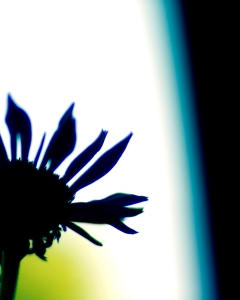 VIII.
VIII.
I’m weighed down, heavy. I hurt.
Depression’s been
kicking
me
down
the long slippery trail
my brain, my heart, my body knows too well. I’m tired
of life. Tired of breathing.
I know, what an awful admission that is.
I fear
sounding pitiful and worry what others think of me:
If I’m tired of me,
I can only imagine what they think.
Why are we hardest on ourselves?
I’m having
an existential prolapse, everything inside my body; head
is tumbling
shaken upended. I’ve forgotten
where I once found hope, like a person wandering lost in a golden sunny field. Yet still eager to find the other side.
Somehow
I forgot how. Where
to walk on.
She wasn’t always ill
though hindsight wonders
how would we have known how long this hyperbolic collision of wit and prudence
churning until it ruptured
all over what we knew to be true.
Days upon days I’ve taken to
forgetting last month, the one before, summers colliding one after the other,
the past evaporates behind me. Today’s pain is enough.
These days, and many others, remind me. I’ve forgotten the way
I’ve fallen.
Was I once so inconsolable
or had I never felt true pain?
I’m tough; survived my Frozen Child years. Building a wall of stone
around me. Then eventually
learning that God wasn’t the Bastard Daddy I thought I knew,
but a comforting Bosom, a Nursing Provider. Only then slowly, oh so slowly I began to Believe Again. I needn’t fear wrath
Rather receive with holy awe, Grace.
But, on the way
this year and last somehow I stopped
seeking GOD. Like a child I put hands on my ears in defiant anger.
I shut up my mouth stubbornly refusing
To speak.
I don’t exactly when it happened.
I shut down.
I began to only survive,
Only
do the day,
though starving and spiritually thirsty.
I wonder when Hope stopped. Yes, I feel the lapse, the need, the yearning, the ache of all that is amiss inside.
“Don’t be afraid, I’ve redeemed you.
I’ve called your name. You’re mine.
When you’re in over your head, I’ll be there with you.
When you’re in rough waters, you will not go down.
When you’re between a rock and a hard place,
it won’t be a dead end—
Because I am God, your personal God,
The Holy of Israel, your Savior.
—Isaiah 43:2
 IX.
IX.
I have startled awake today. Challenged by knowing that I know nothing, I control nothing, life happens. Every day that I want to crawl into a ball and disappear, I will get up again. Sometimes I hold my breath for as long as I can stand it willing my heart stop when I feel I cannot withstand this much sorrow and pain.
I will lay my burdens down like the old hymn says.
I have never felt, in my short life, less control over a n y t h i n g. Life is an avalanche of relentless grief, unthinkable in its grotesque lack of care. Seeing children suffer is the most hellish place for a parent to be. No I don’t doubt God and his incredible love. I don’t believe anything is a punishment for past mistakes — though I’ve been there. I am sure bad things happen to good people and vice verse. It’s random. And that is the sad truth. It’s an incoherent thing that has next to nothing to do with God.
 X.
X.
Finally, as I sit here in the almost dark of the incoming night, twilight bringing a blue hue over the room. I know this is true.
I turned away.
God didn’t do anything of the kind.
I turned away and slowly my heart hardened, to the point where I could no longer feel God’s presence. That was my choice and I know too that when I’m ready God is right here beside and around me, waiting. He’s grieving for me.
Just turn back, daughter. I’ll offer the Comfort you’ve been craving, sitting all alone in the dark.
Come back and I’ll sing a sweet song of relief in your ear, I’ll whisper
Truth.
I’m watching out for your children.
I’m watching over
you. Come on home.
That was last night. I still haven’t gotten the call from the doctor about my MRI. I have no inclination as to what the future holds. But in the dark hours between hopelessness and today, I cracked open.
And God’s embrace covered me as I laid down my burdens by a lake in the cold winter.
Today, I came home.
P.S. Can you tell, my one word for 2014: SPEAK. More on that later.
Ya'll, thanks for sharing.


 1.
1.
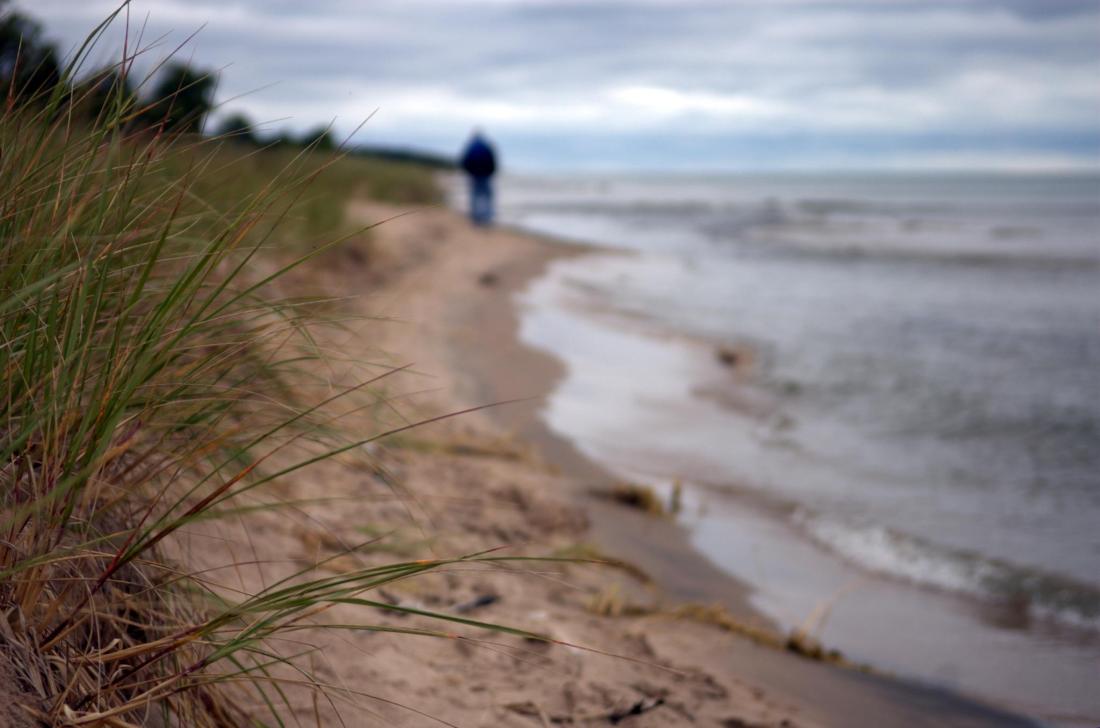



 There are moments when I hate what’s inside my heart, tarry and thick with things quite undesirable. Learning to be comfortable with yourself, and equally discontent in order to be transformed, is one of life’s most difficult lessons.
There are moments when I hate what’s inside my heart, tarry and thick with things quite undesirable. Learning to be comfortable with yourself, and equally discontent in order to be transformed, is one of life’s most difficult lessons.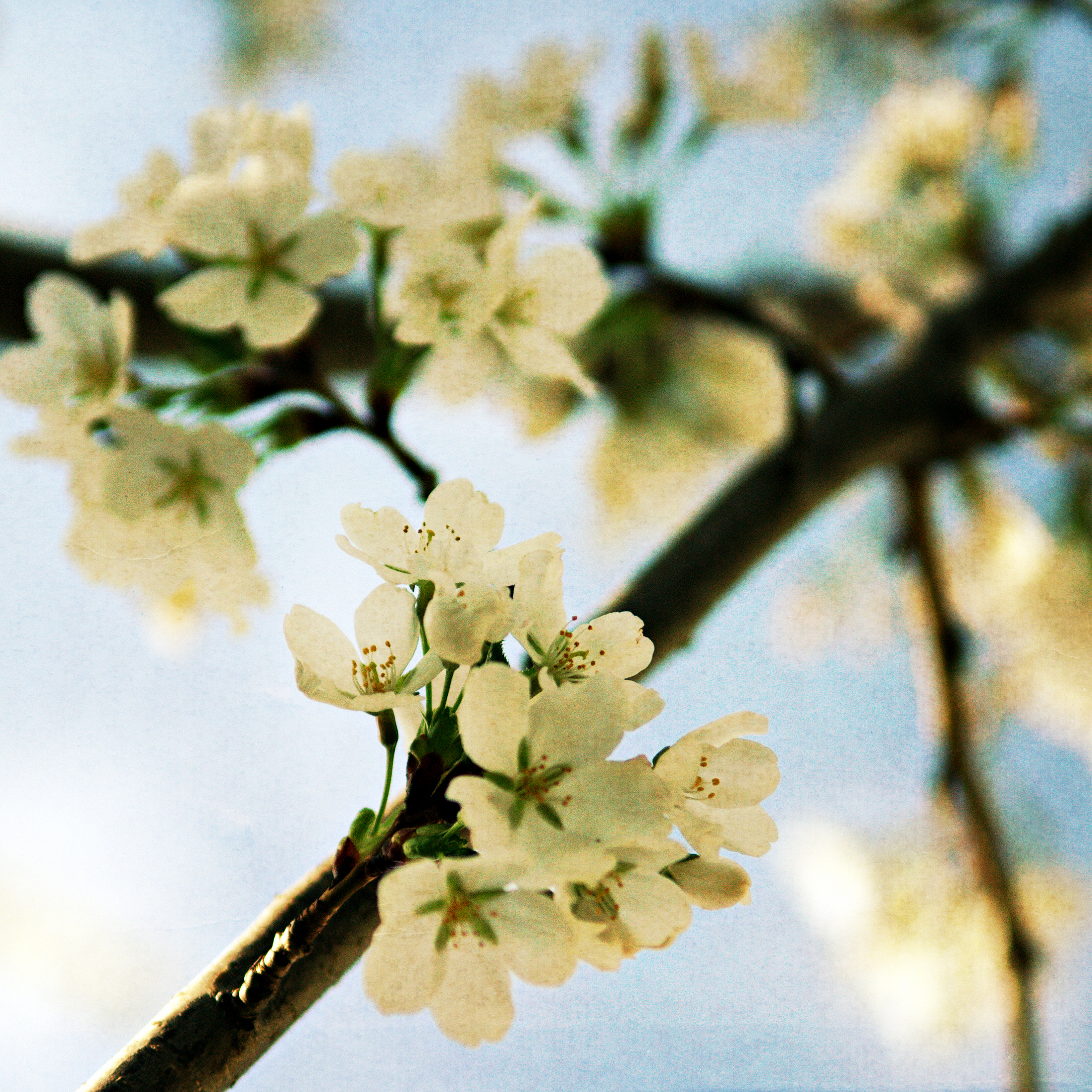

 I.
I. II.
II. III.
III. V.
V. VI.
VI. VII.
VII. VIII.
VIII. IX.
IX. X.
X.
![[hope]](https://logicandimagination.files.wordpress.com/2013/11/dsc_0047-1.jpg)
